MEDIA IN THE DIGITAL AGE
Media in the Digital Age
JOHN V. PAVLIK

Columbia University Press
New YorkColumbia University Press
Publishers Since 1893
New York Chichester, West Sussex
cup.columbia.edu
Copyright 2008 Columbia University Press
All rights reserved
E-ISBN 978-0-231-51213-8
Library of Congress Cataloging-in-Publication Data
Pavlik, John V. (John Vernon)
Media in the digital age / John V. Pavlik.
p. cm.
Includes bibliographical references and index.
ISBN 978-0-231-14208-3 (cloth : alk. paper)
ISBN 978-0-231-14209-0 (pbk. : alk. paper)
ISBN 978-0-231-51213-8 (electronic)
1. Digital mediaSocial aspects. 2. Mass mediaTechnological innovations.
3. Information society. 4. Information technology. I. Title.
HM851.P38 2008
302.231dc22
2007041386
A Columbia University Press E-book.
CUP would be pleased to hear about your reading experience with this e-book at .
References to Internet Web sites (URLs) were accurate at the time of writing. Neither the author nor Columbia University Press is responsible for URLs that may have expired or changed since the manuscript was prepared.
CONTENTS
| AI | artifical intelligence |
| AOL | America Online |
| AP | Associated Press |
| ATSC | Advanced Television Systems Committee |
| BBC | British Broadcasting Corporation |
| blog | Weblog |
| BPL | broadband over power line |
| B-Sky-B | British Sky Broadcasting |
| CNN | Cable News Network |
| CRT | cathode ray tube |
| DARPA | Department of Defense Advanced Research Projects Agency |
| DBS | direct-to-home broadcast satellite |
| DMCA | Digital Millennium Copyright Act |
| DRM | digital rights management |
| DSL | digital subscriber line |
| DTV | digital television |
| DVD | digital video disc |
| DVR | digital video recorder |
| eBook | electronic book |
| EPG | electronic program guide |
| ERP | effective radiated power |
| FCC | Federal Communications Commission |
| GB | gigabyte |
| Gbps | gigabyte per second |
| GIS | geographical information system |
| GPRS | General Packet Radio Service |
| GPS | global positioning system |
| HBO | Home Box Office |
| HDTV | high-definition television |
| HTML | hypertext markup language |
| IEEP | International Emergency Economic Powers Act |
| IM | instant messaging |
| IMSC | Integrated Media Systems Center |
| ITU | International Telecommunication Union |
| KB | kilobit |
| Kbps | kilobits per second |
| LAN | local-area networking |
| LCD | liquid-crystal display |
| MB | megabits |
| Mbps | megabits per second |
| MDA | mobile digital appliance |
| MJW | Mobile Journalist Workstation |
| MP3 | compression format for digital audio files |
| MPEG | Motion Picture Experts Group |
| MPEG-2 | Motion Picture Experts Group-2 |
| NBBC | National Broadband Company |
| NBPC | National Black Programming Consortium |
| NPR | National Public Radio |
| NTSC | National Television System Committee |
| PDA | personal digital assistant/appliance |
| PDF | portable document format |
| RSI | repetitive strain or stress injury |
| RSS | really simple syndication |
| USB | Universal Service Buss |
| VHS | video home system |
| vlog | Web video log |
| VNC | virtual network control |
| VNR | video news release |
| VoIP | voice-over Internet Protocol |
| WAN | wide-area network |
| XML | extensible markup language |
I am grateful to all the people I interviewed for this book and the scholars and journalists whose work I have cited. Their comments, reporting, and observations were highly instructive and valuable to my analysis of digital media. I also owe special thanks to Everette E. Dennis, my longtime mentor, colleague, and friend, whose understanding of media and the technologies that influence them has proven invaluable to me in writing this book and in my overall study of the media. Most important, my sincerest thanks and love go to my family for their support and insights about media in the digital age. I dedicate this book to my daughters, Orianna and Tristan, and to my wife, Jackie.
Everette E. Dennis
In the midst of the digitization of almost everything comes John V. Pavliks welcome and truly comprehensive Media in the Digital Age, which has the virtues of exploratory enthusiasm blended with the insightfulness of sober analysis. Among the great hazards of writing about new media technologies and their impact is the likelihood that the work will be outdated well before it is published, but this book heads off that possibility by using contemporary and historical examples only as fixed moments in time, not necessarily as predictive statements about what will or might be. John Pavlik has been among our most ardent, reliable, and thoughtful navigators in explorations of the digital media world, from both a journalistic and a media industries perspective. Neither taken with exaggerated claims nor blind to the amazing possibilities of these new media, he has charted a course that maps the territory and then drills down in specific areas where deeper knowledge is needed.
Media in the Digital Age embraces and explains both hardware and software and their interrelated journey. Thus, it takes in digital delivery methods and the devices that offer access, but also considers audiences and their needs, digital producers, content providers, distribution, financing, the legal environment, as well as inventors and innovation. No book of which I am aware has such a scope, covering virtually all of the major topics necessary to get a handle on the digital age.
Pavlik comes to this task after nearly two decades of watching, working with, and navigating the digital world. He has led new media labs and ventures, headed two journalism programs, and fashioned innovative projects in a think tank. Along the way, he has written several books that have unraveled the complexity and confusion of digital media, while looking at its important applications and uses. He is always open-minded but at the same time critical.
This book is especially timely, coming as it does several years after the boom and bust of the first Internet revolution, sometimes called Web 1.0, and well into a phase that benefits from even more advanced technologies and human applications, which its promoters have dubbed Web 2.0. This is a time when the linear dimensions of early digital media have been surpassed by those who not only invite and demand user interface and interactivity, but also call upon all of us to be more improvisational in the process. The dreams and possibilities of the first Internet age have matured, and they benefit now from innovative handheld devices, creative content, and the whole shift in outcomes brought about by these so-called mash-ups. In a world where there is time shifting, shape shifting, power shifting, and other transformative experiences, knowing and understanding the digital landscape are essential.

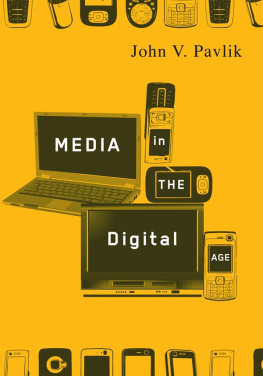

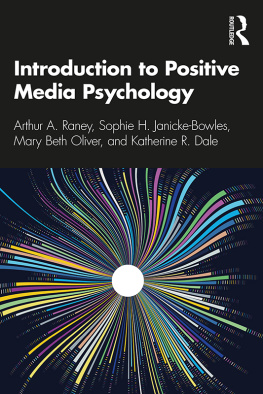
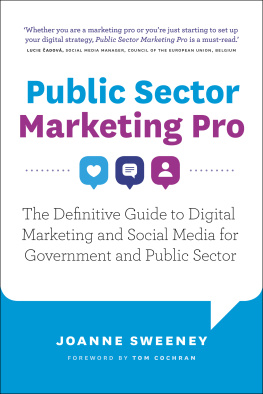
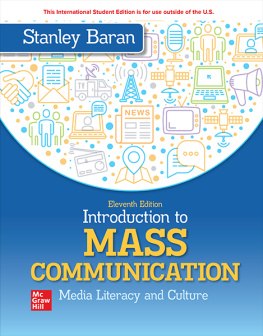
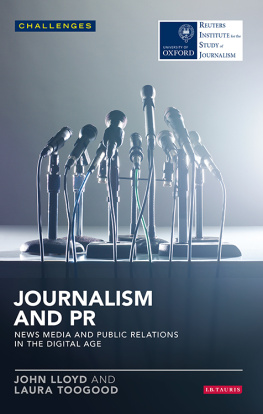
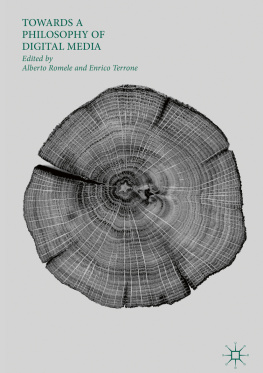
 Columbia University Press New York
Columbia University Press New York